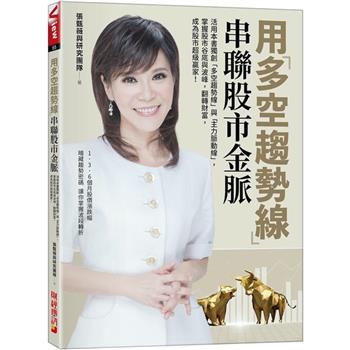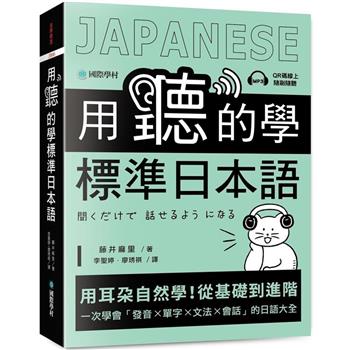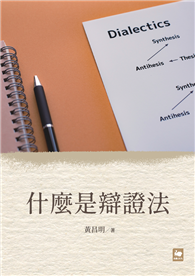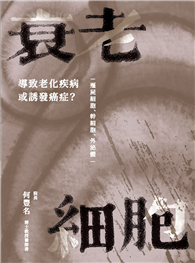This collection of essays offers an image of Byron not only as a poet - for which he is best known - but as a translator of foreign literature and culture. To recover this underexplored element of Byron’s work, the contributors examine his translated pieces in both textual and extra-textual contexts, including analysis of manuscripts, composition history, publishing history, and other literary and historical factors. They explore the motives behind Byron’s choice to translate in the first place, as well as reconstructing the translational methods he applied, and his ideas on translation and the role of the translator in general.
The book focuses too on Byron’s ’geographical mobility’, which also involved the act of translation, though in a metaphorical sense. The cosmopolitan poet mediated and interpreted all the time: foreign cultures, behaviours, modes of living, customs and habits. In this sense, translation becomes for the poet a dynamic ’movement’ between languages, across texts and around various contexts, offering Byron a vital space for the articulation of his ideas. Byron’s translation work reminds us how Romantic writers and readers sought to learn about and engage with the wider world and its various languages.












